The arrests of the two Canadians have widely been seen as retaliation against Canada for the arrest of Meng—a Chinese national who is the chief financial officer for Huawei and the daughter of its founder, Ren Zhengfei.
Both Kovrig and Spavor have since been convicted of spying in closed Chinese courts—a process condemned by Canada and dozens of allies, including the United States.
“The practice of arbitrarily detaining individuals to exercise leverage over foreign governments is completely unacceptable. People should never be used as bargaining chips.”
The arrest of Meng infuriated Beijing, which sees her case as a political move designed to prevent China’s rise. Meng is accused of misleading HSBC bankers about Huawei’s business dealings with Iran-based company Skycom Tech Co. Ltd.—a move that put HSBC at risk of violating U.S. trade sanctions against Iran. Both Meng and Huawei have denied the charges.
“Both men are being arbitrarily detained,” Garneau said. “Years have been cruelly stolen from both men and their families. Despite this, they have shown integrity and courage throughout this terrible ordeal.
Spavor’s and Kovrig’s relatives and supporters are pushing for some sort of political resolution that could bring them home.
They staged a march in Ottawa on Sept. 5, seeking to replicate the 7,000 steps that Kovrig has tried to walk every day in his cramped jail cell to maintain his physical and mental well-being.
“It’s an extremely difficult milestone, but one that we want to mark in this way, in part, to honor the strength and resilience that Michael and Michael Spavor have shown,″ Kovrig’s former wife, Vina Nadjibulla, said.
On Aug. 11, a Chinese court sentenced Spavor to 11 years in prison. Kovrig’s trial was conducted in March. It isn’t clear when he'll be sentenced.
Beijing has rejected the suggestion that the cases of the Canadians in China are being influenced in response to Meng’s case in Canada, although the Chinese regime has warned of unspecified consequences unless Meng is released.
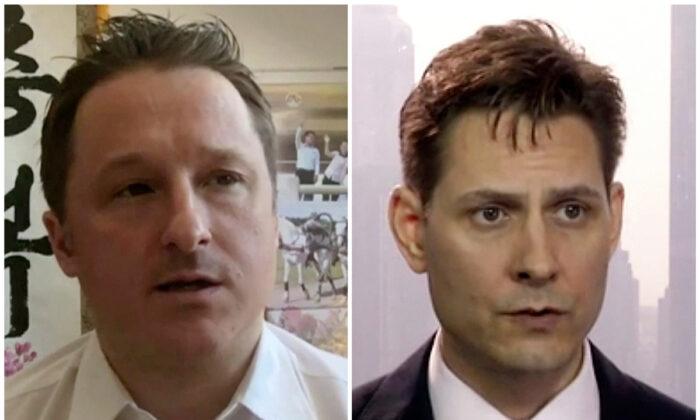

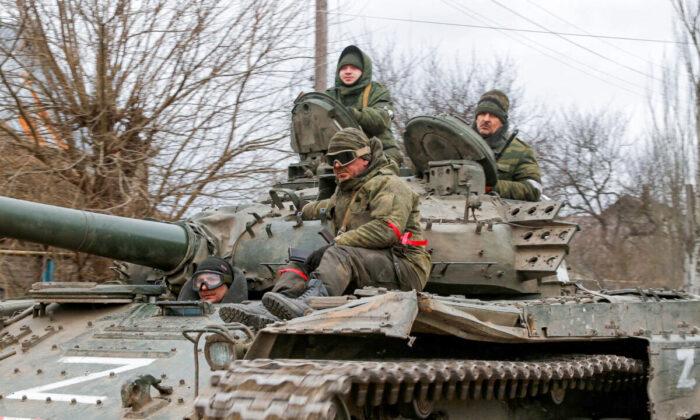
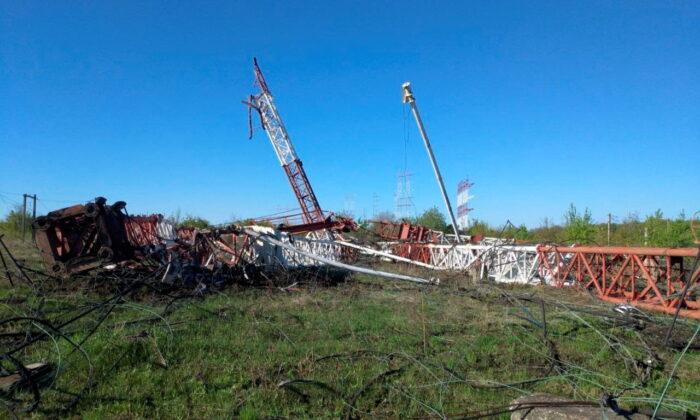
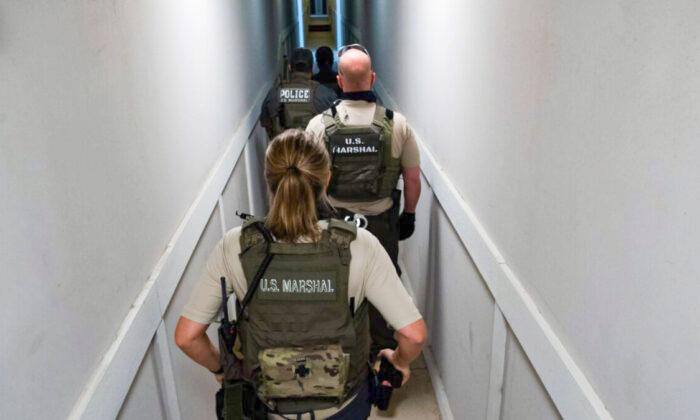
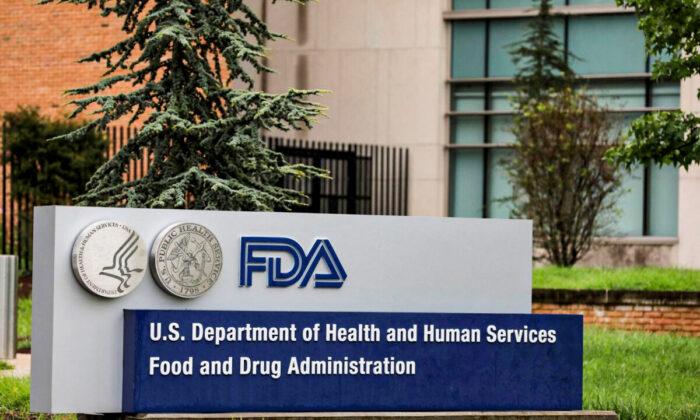
Friends Read Free